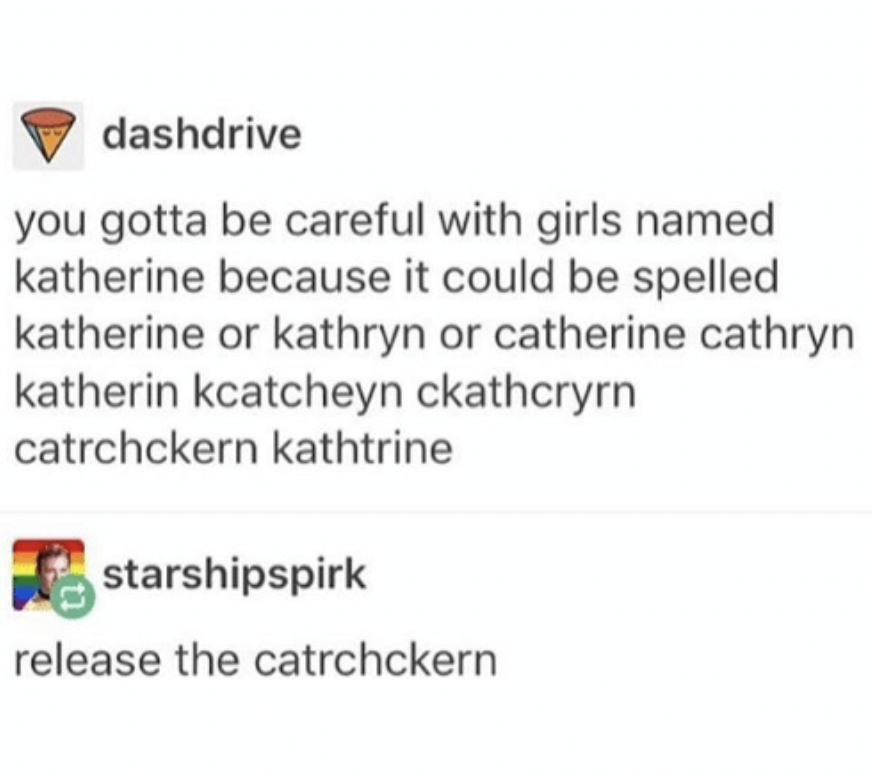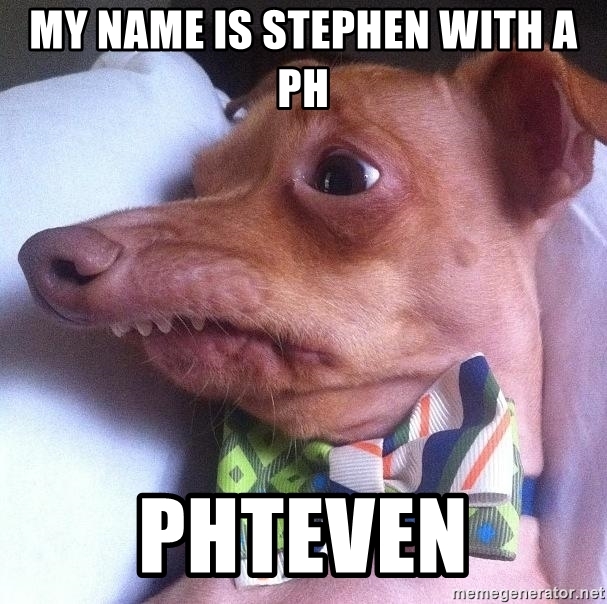Jennifer, Melissa, Jessica, and Amy — these were the most popular girls names the year that I was born. My parents had a short list that included Heather, Holly, Fern, and Laurel, but on a Tuesday in September, 1978, Hilary was inked onto my birth certificate. Hilary, with one L.
As a kid, I never really thought about my name until I discovered that no one else did either. There was never a novelty license plate key ring revolving on wire rack at the souvenir shop during a road trip for me. No stationery pad with curlicue letters or barrettes festooned with rainbow ribbons. In the 80s, the shelves housed the most common trifecta of H names — Hannah, Heather, and Holly, the irony of which, is not lost on me. On the rare occasion there was something wedged between Heather and Holly, it was usually Hillary, with two L’s
That’s not my name.
My name is Hilary, with one L. Not Hillary, Hilarie, Hiliary, or Hillery. My name is definitely not Hil or Hils. Please don’t call me that; I will politely, but firmly, correct you.
“But, I just can’t help it,” someone once told me when I asked them, for the umpteenth time, not to call me Hil. Why was it so hard for a grown woman to call me by my name? Shouldn’t a one time request to do so be sufficient? It took my calling her a clunky shortened version of her name to resume being called Hilary.
A friend of a friend texted me the other day with a question about natural hair. The salutation read, “Hey Hils!” and immediately, my face twisted up.
Hil. Hils. It’s nails a chalkboard to me. It’s someone biting their fork when the eat. It’s a close talker, a mouth breather, a persistent arm-toucher. It tells me that you don’t know me because if you did, you would know not to call me that.
“A person’s name is to him or her the sweetest and most important sound in any language.”
Dale Carnegie, How to Win Friends and Influence People
My memory is not that great. I can walk into a room and stop mid-stride because I’ve forgotten why I walked in there in the first place. I don’t have a knack for dates, historical or otherwise, or how old my girls were when they started walking (I wrote it down so I wouldn’t have to remember), but I can remember names. At the grand opening of the St. James in September, I was introduced to more people than I could count, many of whom are part of the STJ team. Despite the weeks in between our visits to the complex, when I go, I greet as many team members by name as I can. Remembering someone’s name lets them know that they are valued and respected.
Have you ever considered how a name connotes the type of relationship you have with someone? I know a woman who who goes by a peculiar nickname — let’s call her Twitch. Before I met her, our mutual friends always referred to as Twitch. When we finally met, she introduced herself to me as Elaine. Twitch is a name to be used by close family and friends. Until she invites me to call her otherwise, she’ll always be Elaine to me.
When my husband and I were picking names for our children, we wanted to give them strong, unique names — ones that couldn’t be lopped off into awkward tag. The family names I loved best from our family tree started to become more popular. I didn’t want our daughter to be Eleanor D. or Hannah D. or Grace D. Her name had to stand on it’s own, just like she would. Our first daughter, M, has been the first and only of her name throughout her school experience, as has our second daughter, C.
C goes by her middle name, the maiden name of my husband’s grandmother. It’s distinctive. It suits her. It is begs to be misspelled and mispronounced -the emPHas-IS is always on the wrong SYL-lab-Le. She’s never going to find it on a mug or a pencil or a keychain. If she one day decides, “Enough’s enough. I’m using my first name,” she can. Of course, her first name is can be spelled a myriad of ways so, ¯\_(ツ)_/¯.
Our third daughter, V, is the first and only in her class, but not in her grade and not in the school. Hers is a name that is old enough to have ebbed and flowed in popularity such that there haven’t been a huge flock of them the way there were Stacys, Tracys, and Andreas when I was growing up or even the Lily’s, Hannahs, and Grace’s of today. Like her sister, however, her name begs to be misspelled. V being V, though, she’s quick to correct you and keep it moving.
In Caitlin Macy’s essay “What’s in a Name”, the author explores how she came to love and appreciate her hard to pronounce name. Macy reveals that when she had children of her own, she was determined to select easy to pronounce, impossible to misunderstand monikers for them. Upon hearing that Macy named her daughter Violet, a neighbor jokingly hopes the child doesn’t grow up to be a “shrinking violet”.
Until that moment, it never occurred to me how a name gets away from a parent once it is in the world.
Caitlin Macy, “What’s in a Name?”, Real Simple Magazine, March 2018
It was only after reading these words, did it occur to me I’d experienced something similar. With all of our girls, we waited until after they were born to reveal their names. When I was pregnant with C, I really loved the name Harper Grace. The combination of initials would be identical to mine. It was an H name that hadn’t gained much traction where we lived. I had been out with a girlfriend, looking at baby clothes when I replied to a question with “blah, blah, blah, when Harper Grace is born.”
All these years later, I can still feel the name float out of my mouth like a speech bubble. I can see my friend’s widening eyes as she made the connection between the name I’d uttered and my pregnant belly. I can hear my inner voice sighing.

I put her name out there before I was ready to share it. I had exposed it to scrutiny and judgement. When you give something a name, it becomes real in a way that it hasn’t before. And despite the realness of that little one’s kicks and punches pressing against my abdomen, giving her a name unspooled her story before I was ready. In the end, it all worked out. C got the name that was meant for her just as there’s a Harper Grace out there who is perfectly suited to her name.
Names indicate belonging, relationships, and identity.
Names are personal. Names are power.
My name is Hilary, with one L.


